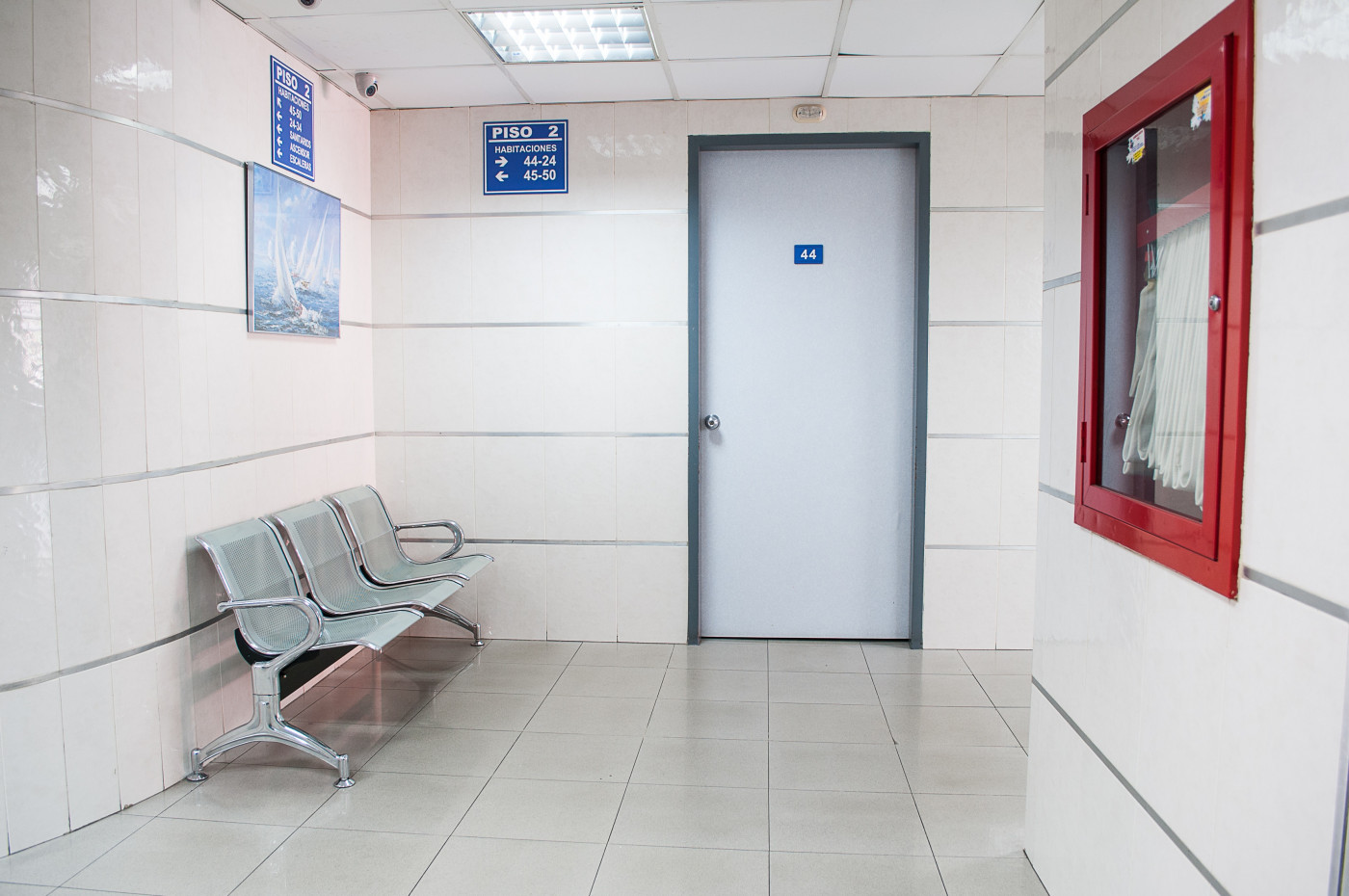Small-vessel Vasculitides Linked to Worse Prognosis During ICU Stays, Polish Study Finds

Patients with small-vessel vasculitides, including ANCA-associated vasculitis, are more likely to need aggressive treatments or to die in the intensive care unit (ICU) than patients with other systemic autoimmune diseases, a Polish study has found.
However, after discharge from the ICU, mortality rates are similar for both groups of patients, supporting the importance of ICU stays for these patients.
The study, “Patients with small-vessel vasculitides have the highest mortality among systemic autoimmune diseases patients treated in intensive care unit: A retrospective study with 5-year follow-up,” was published in the Journal of Critical Care.
Systemic autoimmune diseases, a group of conditions where the immune system attacks healthy cells in the body, pose a significant threat to patients’ health. Not only that, but the diseases affect multiple organs, as they are mostly unpredictable, hampering diagnosis and prompt treatment.
As a result, patients with autoimmune diseases are at risk for ICU admission. Studies suggest that the most common rheumatoid diseases treated at the ICU are small-vessel vasculitides, despite their low incidence.
While mortality rates are high for patients with autoimmune diseases at the ICU, no studies have compared the outcomes of patients with different diseases or addressed long-term outcomes after ICU discharge.
To look into this, researchers examined the medical records of patients with autoimmune diseases admitted in the ICU of the Allergy and Immunology Department at the University Hospital in Krakow, Poland, between 2001 and 2014.
Their analysis included 74 patients, with a mean age of 52 years, who made up 2.5% of patients admitted to the ICU during this time period. The most common causes for admission were acute respiratory failure and sepsis — a life-threatening, whole body inflammation caused by an infection.
Researchers examined the characteristics of patients with small-vessel vasculitides — most of whom had either granulomatosis with polyangiitis or microscopic polyangiitis — versus those with other autoimmune diseases — including systemic lupus erythematosus, rheumatoid arthritis, scleroderma, and dermatomyosistis.
The team found that bleeding in the lung sacs led to ICU admission in 26.1% of vasculitide patients, but was not observed in patients with any other autoimmune disease. Chronic kidney disease was more commonly seen in vasculitide patients, who were also more likely to receive cyclophosphamide — an immunosuppressant — than others.
During their stay at the ICU, patients with small-vessel vasculitides required more aggressive treatments — including treatment for kidney failure, transfusions, and immunosuppressants — more often than those with other diseases. This is likely a reflection of worse overall health in these patients, the researchers hypothesized.
Also, more than 1 in 4 patients with vasculitides were diagnosed in the ICU, while all other patients had received a diagnosis prior to their hospitalization.
“This data indicates that there is a need to raise physicians’ awareness in terms of … SVV [small-vessel vasculitides], in order to accelerate the diagnostic process and therefore avoid life-threatening misdiagnoses,” the researchers wrote.
Patients remained in the ICU for a median of nine days. During this period, 60.9% of vasculitide patients died, compared with 35.3% of patients with other autoimmune diseases.
“Our results suggest that patients with SVV are admitted in worse condition … and have generally poorer prognosis in the ICU,” the investigators said.
However, at follow-ups at one and five years after being discharged, patients in both groups showed similar survival rates. “This suggests that ICU stay is crucial for SVV patients’ prognosis,” they concluded.






